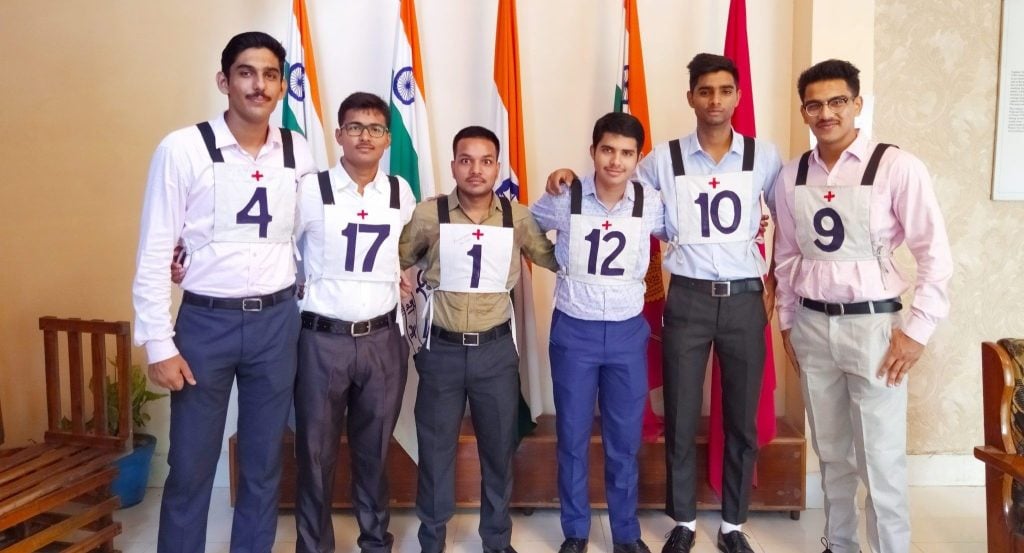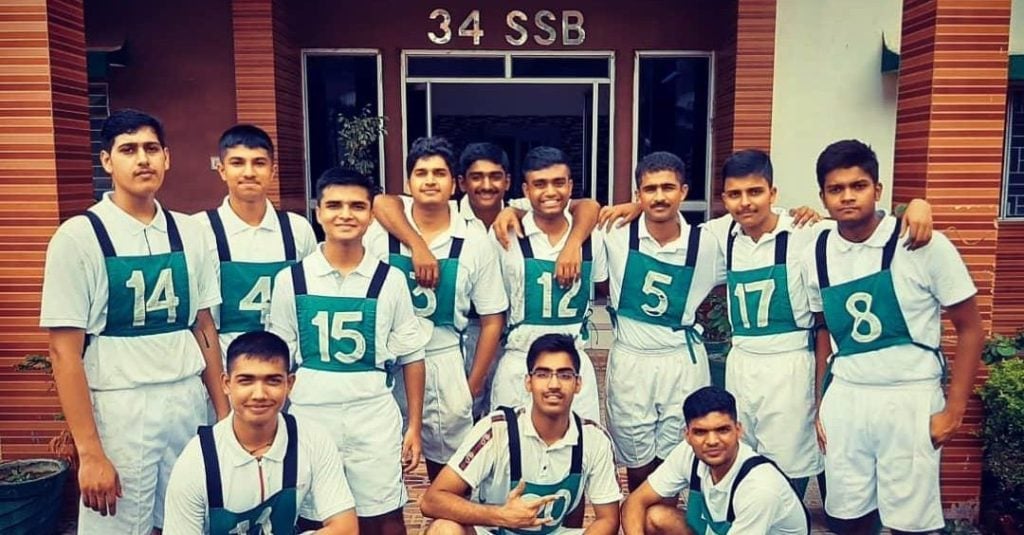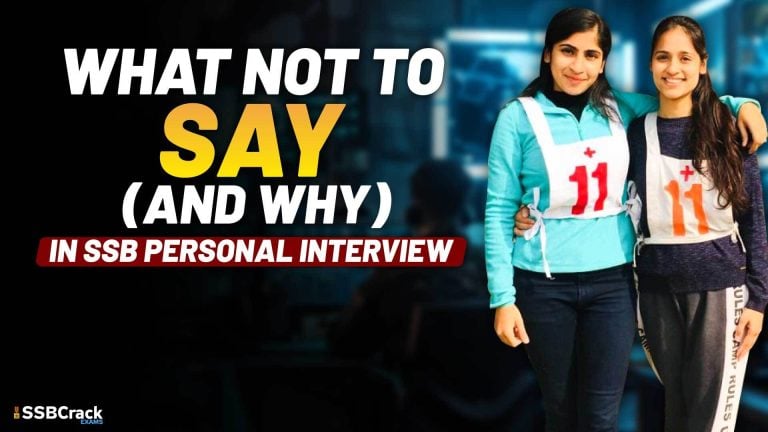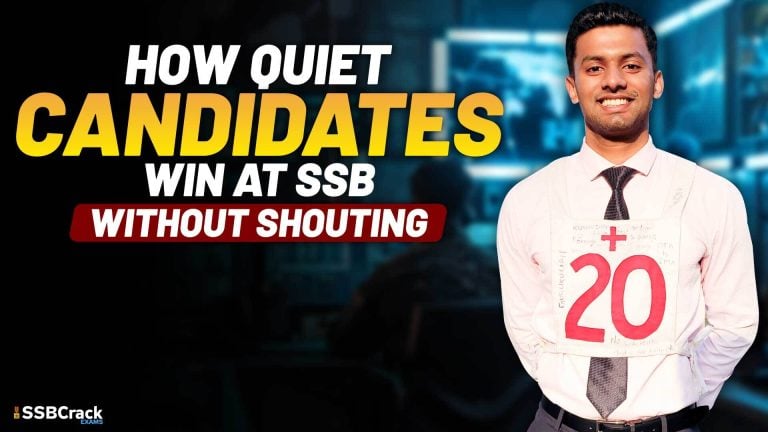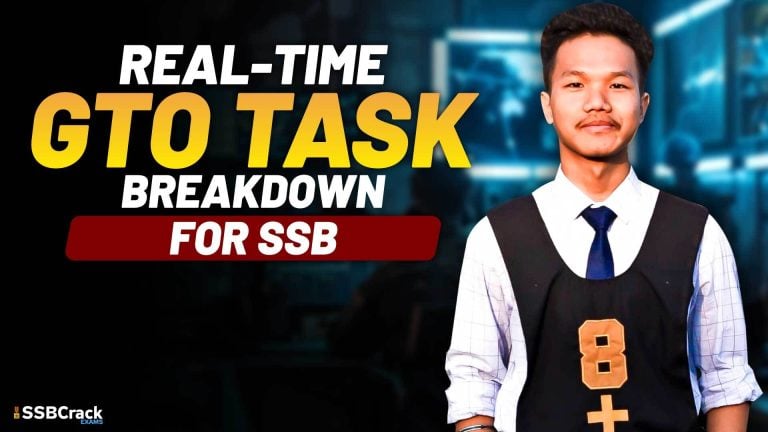In the context of the SSB interview, the Word Association Test (WAT) is a critical component that assesses a candidate’s spontaneous response and thought process. This test is designed to evaluate how quickly and effectively you can associate ideas with words presented to you. Among the various types of words encountered in WAT, negative words present a unique challenge as they require a poised and thoughtful response. This article explores 100 negative WAT words commonly encountered in SSB interviews, along with strategies to handle them effectively.
Understanding the Word Association Test (WAT)
The Word Association Test (WAT) in SSB involves displaying a series of words, each for 15 seconds, where candidates are required to write down the first thought or word that comes to mind. This test is timed and aims to capture instinctive responses rather than crafted sentences. It serves as a tool to gauge the quality of associations and the underlying personality traits of the candidate.
Importance of Practicing Negative WAT Words
Practicing negative WAT words is crucial because it enhances your ability to respond under pressure and showcases your resilience in handling adverse situations. It demonstrates your capacity to think quickly and positively even when presented with challenging words.
Strategies to Approach Negative Words
Handling negative words effectively is a skill that can be developed through practice and a structured approach. Here are some strategies to tackle negative WAT words during your SSB interview:
- Do Not Avoid or Skip Words: Avoiding negative words might indicate discomfort or an inability to face challenges. It’s essential to tackle each word presented, demonstrating your readiness to confront difficulties.
- Avoid Negative Sentences: Instead of writing negative statements, focus on transforming the negative word into a neutral or positive context. This reflects your ability to reframe situations positively.
- Avoid Writing Antonyms: Merely writing the opposite of a negative word doesn’t demonstrate depth of thought. Instead, express a nuanced understanding or a contrasting perspective that highlights your adaptability.
- Use Concise Responses: Write short, clear responses comprising 4-5 words that succinctly convey your immediate thoughts. This approach ensures clarity and directness in your answers.
- Modify Word Forms: Experiment with different forms of the negative word (noun, verb, adjective) to explore varied associations and perspectives.
- Quick Thinking is Key: Practice thinking swiftly to generate immediate associations with each word. This agility is valued during the SSB interview as it mirrors real-life decision-making under time constraints.
- Reflect Your Personality: Your responses should reflect traits like resilience, optimism, and leadership potential, even when faced with negative stimuli.
- Avoid Cramming Responses: Authenticity is crucial. Avoid rehearsed responses as they may come across as insincere. Your answers should naturally reflect your thought process.
List of 100 Negative WAT Words
Below is a comprehensive list of 100 negative WAT words commonly encountered in SSB interviews:
| Negative Words | Negative Words | Negative Words | Negative Words |
|---|---|---|---|
| Anger | Awful | Ashamed | Annoy |
| Abandon | Abuse | Afraid | Alone |
| Attack | Alcohol | Beg | Bore |
| Broken | Blame | Bad | Booze |
| Bomb | Beat | Cannot | Clumsy |
| Confuse | Cheat | Delay | Danger |
| Difficult | Dislike | Defeat | Dead |
| Damage | Deny | Depress | Drug |
| Dirty | Dishonest | Dark | Divorce |
| Disease | Dreadful | Disaster | Dumb |
| Evil | End | Excuse | Embarrass |
| Enemy | Fear | Fight | Furious |
| Fault | Failure | Fine | Force |
| False | Gossip | Gun | Guilty |
| Gruesome | Grave | Greed | Hate |
| Hurt | Harmful | Humiliate | Hunger |
| Impossible | Insecure | Insane | Insult |
| Inferior | Jealous | Killer | Knife |
| Lie | Loose | Miser | Murder |
| Never | Offensive | Omen | Pain |
| Pessimist | Poison | Poor | Quit |
| Reject | Revenge | Rude | Sad |
| Sorry | Steal | Suspect | Timid |
| Traitor | Tension | Ugly | Upset |
| Unfair | War | Zero |
SSB Interview WAT Practice Exercise Part 16
SSB Interview WAT Practice Exercise Part 15
SSB Interview WAT Practice Exercise Part 14
Importance of Preparation
Preparing for the SSB interview, particularly the WAT, is pivotal for success. Regular practice with negative WAT words enhances your confidence and ensures that you are well-prepared to handle any word thrown your way during the actual interview. It also familiarizes you with the format and expectations, allowing you to focus on showcasing your strengths and suitability for the role.
Remember, the journey towards becoming an officer in the armed forces begins with thorough preparation and a commitment to personal growth. Start your preparation today to achieve your dream of serving the nation proudly.
In conclusion, mastering the handling of negative WAT words is not just about vocabulary, but about demonstrating your readiness, adaptability, and leadership potential in adverse situations. Practice diligently, approach each word with confidence, and showcase your best self during the SSB interview to maximize your chances of success.
FAQs
1. What is the Word Association Test (WAT) in the SSB interview?
The Word Association Test (WAT) is a psychological test where candidates are shown a series of words for 15 seconds each and asked to write down the first thought or word that comes to mind. It assesses spontaneity, creativity, and the ability to handle pressure.
2. Why is it important to practice negative WAT words?
Practicing negative WAT words helps candidates prepare for challenging scenarios where they must respond quickly and positively. It enhances adaptability, resilience, and demonstrates leadership qualities under adverse conditions.
3. How should one approach negative WAT words during the SSB interview?
Candidates should not avoid negative words but instead respond confidently with short, clear sentences that reflect resilience and positive thinking. Avoid writing antonyms or negative sentences; instead, focus on transforming the context of the word.
4. What are some tips for handling negative WAT words effectively?
Practice quick thinking to generate immediate associations. Use different forms of the word (noun, verb, adjective) and aim for concise responses (4-5 words). Showcase personality traits like optimism and determination in your answers.
5. Can practicing negative WAT words improve chances of success in the SSB interview?
Yes, consistent practice with negative WAT words can significantly improve your performance in the SSB interview. It familiarizes you with the test format, enhances confidence, and ensures readiness to tackle any word presented during the interview.

